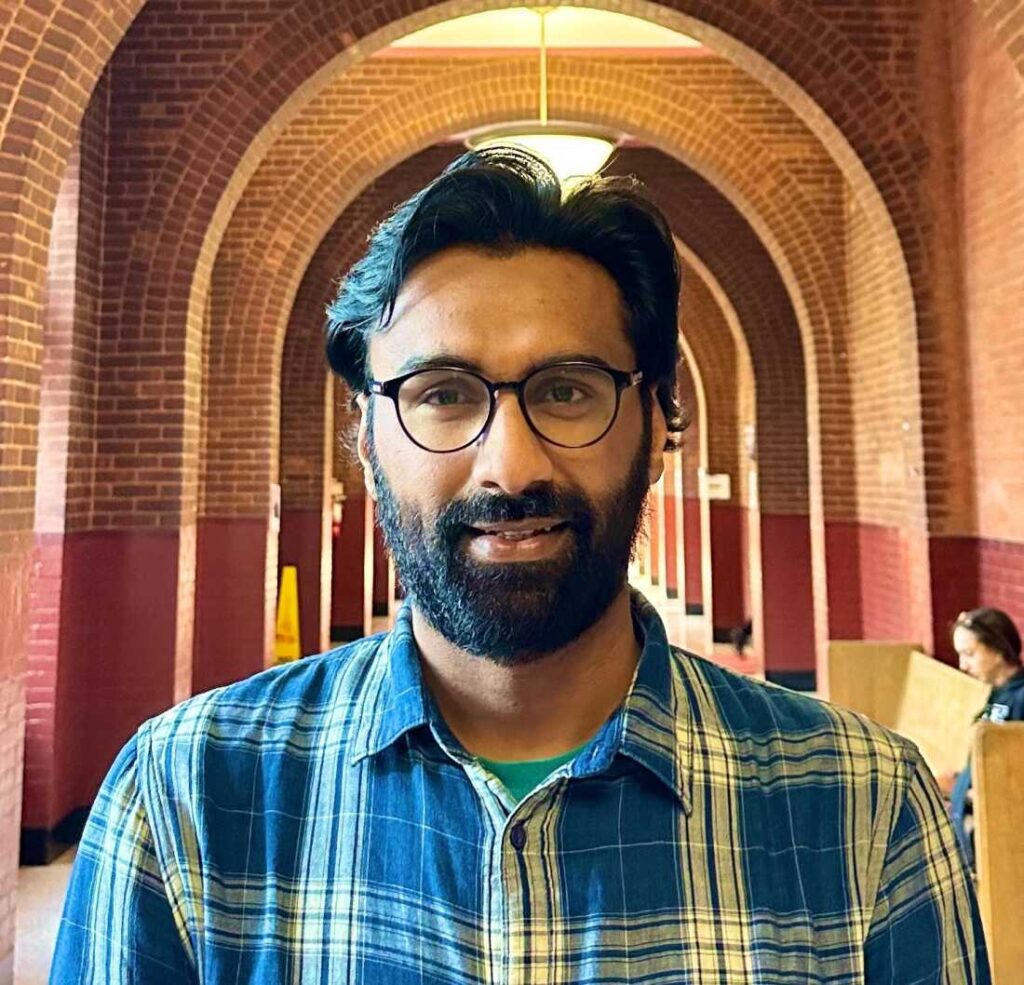Detained Georgetown Professor Awaits Hearing
By • April 9, 2025 0 1452

On March 17, the Department of Homeland Security detained Georgetown University professor Badar Khan Suri outside his home in Rosslyn, Virginia. Following his arrest, Dr. Suri was sent to an Immigration and Customs Enforcement facility in Alexandria, Louisiana, then relocated to a facility in Alvarado, Texas. There, he awaits an April 11 hearing which will determine whether or not he can be transferred back to Virginia ahead of his hearing with an immigration judge on May 6.
An Indian citizen studying Middle Eastern conflicts and peace processes, Suri is legally in the U.S. on a J-1 Exchange Visitors visa.
On April 14 at 4 p.m., the School of Foreign Service’s Prince Alwaleed Bin Talal Center for Muslim-Christian Understanding (ACMCU), where Suri is a professor and postdoctoral scholar, will host a panel, “Freedom of Speech, Trump and Campus Repression: The Case of Badar Khan Suri,” in the Healey Family Student Center Social Room.
Two days after his detention, DHS’s Tricia McLaughlin wrote on X that Suri was deportable, claiming that he was responsible for spreading Hamas propaganda online and “has close connections to a known or suspected terrorist.”
Suri’s wife, Mapheze Saleh, is a graduate student at Georgetown’s Center for Contemporary Arab Studies and a U.S. citizen of Palestinian descent. According to the New York Times, her father, Ahmed Yousef, held a political position within Gaza’s Hamas-run government over a decade ago. Yousef openly criticized Hamas’s Oct. 7, 2023, attack on Israel in an article published by the Times 10 days before Suri’s arrest.
Members of Georgetown Students for Justice in Palestine and Georgetown Faculty & Staff for Justice in Palestine have protested Suri’s detention by organizing rallies and creating a petition titled “Open Letter Against the Repression of Free Speech & Academic Freedom.”
On March 25, Georgetown University Interim President Robert M. Groves issued a statement in reference to Suri’s arrest, writing: “We are concerned about the circumstances of his detention and the questions it may raise about issues of free speech. We expect the legal system to adjudicate this case fairly, and we will continue to monitor this closely.”
“Let’s leave aside the ethics of his legal case and whether [Suri], you know, committed any crime, which I don’t believe he has,” said ACMCU Director Nader Hashemi in an interview with The Georgetowner. “Why this type of draconian, shock arrest that mimics Stalinist Russia? Why couldn’t you just say, ‘Look, your visa has been revoked. You have a court date in three weeks. You need to show up, and your fate will be decided, and you can still stay with your family until then.’”
In Hashemi’s view, the cruelty of Suri’s detention was intended to “spread fear,” particularly among activists.
“If anyone thinks that this is just about Gaza or Palestine or this is just about one individual … they need to think again,” Hashemi said. “I’ve studied authoritarianism all my life. This is how authoritarian transitions begin. It begins with these types of intimidations and arrests of innocent people who are vulnerable, people who are on visas who don’t have the full protection of American citizenship. But it never stops there.”
Details about the April 14 panel, to be moderated by Hashemi, are available at events.georgetown.edu.

